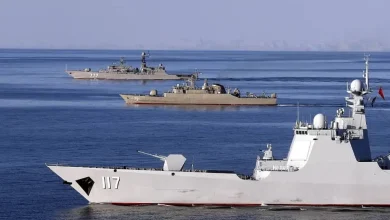
The World Health Organization (WHO) unveiled a groundbreaking platform on Tuesday aimed at providing cost-free cancer medications to thousands of children living in low- and middle-income countries, addressing the critical gap in treatment access and improving survival rates for pediatric cancer.
The first shipments of life-saving medicines are already being delivered to Mongolia and Uzbekistan, with additional shipments planned for Ecuador, Jordan, Nepal, and Zambia as part of the initiative’s pilot phase. This program is expected to reach approximately 5,000 children across at least 30 hospitals in these countries in the coming year.
“Countries participating in the pilot will receive an uninterrupted supply of high-quality childhood cancer medicines at no cost,” the WHO stated. This move comes as childhood cancer survival rates in resource-limited settings remain shockingly low often below 30% compared to roughly 80% in wealthier nations.
WHO Director-General Tedros Adhanom Ghebreyesus emphasized the critical need for this platform: “For far too long, children with cancer have lacked access to the essential medicines they need to survive.”
The platform is part of an ambitious plan to expand the program to 50 countries within the next five to seven years, ultimately benefiting an estimated 120,000 children. The WHO estimates that 400,000 children are diagnosed with cancer worldwide each year, the majority in low-income regions. Tragically, approximately 70% of these children die due to issues such as insufficient treatment, interruptions in care, or access to substandard medicines.
The initiative’s long-term sustainability is a priority, with the WHO committed to maintaining the free provision of medicines beyond the pilot phase. This effort is a collaboration between the WHO and St. Jude Children’s Research Hospital in Memphis, Tennessee, which has pledged $200 million to support the platform’s launch.
Through this collaboration, the WHO aims to tackle the global inequality in childhood cancer care and improve survival outcomes for thousands of children in need.





